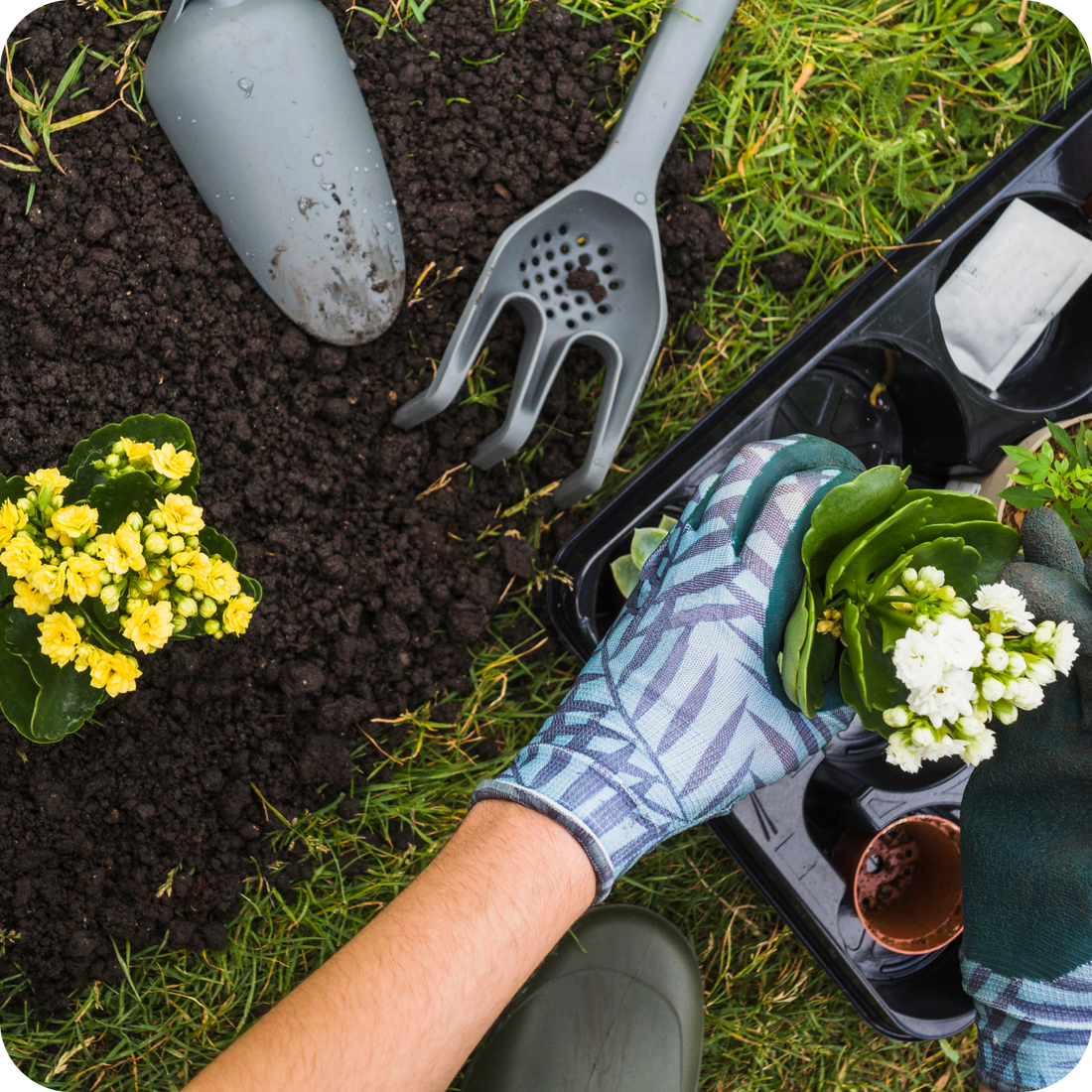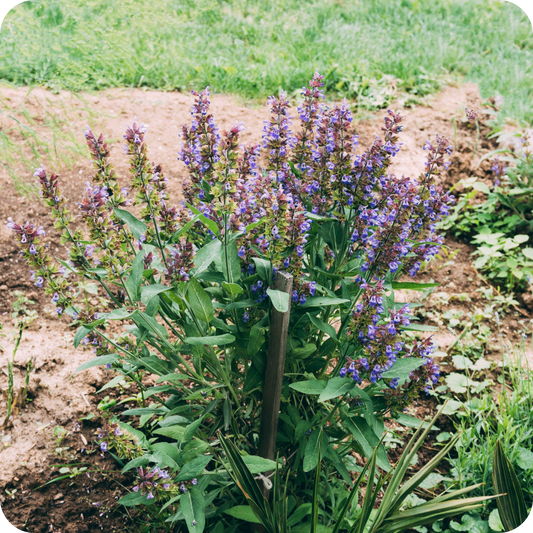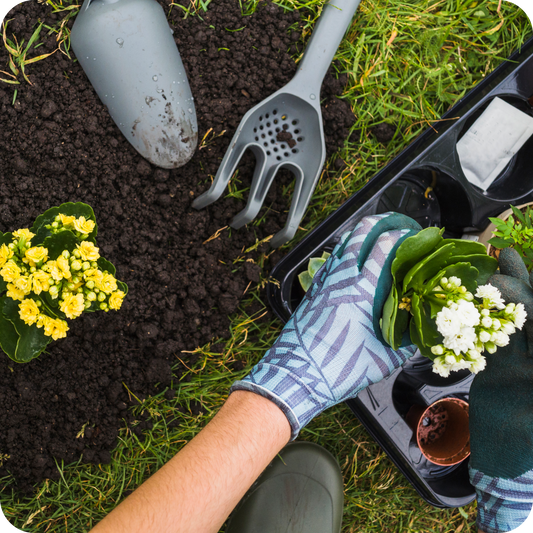Introduction
Starting a garden can be a rewarding experience, whether you're looking to beautify your home or grow your own fresh produce. If you're new to gardening, it's normal to feel overwhelmed by the wealth of information out there. Here are some essential tips to help you begin your green journey with confidence.
Choosing the Right Plants (H2)
One of the first steps in gardening is selecting plants that thrive in your climate and soil conditions. Consider native plants or varieties that are well-suited to your region's weather patterns. At Poplar Forest Nursery in Forest, VA, we specialize in offering a wide range of locally adapted plants that are perfect for beginners.
When choosing plants, think about your goals for the garden. Are you interested in flowers that attract pollinators like butterflies and bees? Or perhaps you're keen on growing your own vegetables and herbs. Understanding your garden's purpose will guide you in selecting the right plants for your space.
Understanding Your Soil and Sunlight (H2)
Before planting, it's crucial to understand your soil type and how much sunlight your garden receives. Most plants thrive in well-drained soil with adequate sunlight. Conduct a simple soil test to determine its pH level and nutrient content. Adjusting soil conditions can significantly impact plant health and growth.
Different plants have different sunlight requirements. Some thrive in full sun, while others prefer partial shade. Observe your garden throughout the day to see which areas receive direct sunlight versus shade. This will help you decide where to place sun-loving plants versus those that prefer cooler conditions.
Planning Your Garden Layout (H2)
Sketch out a basic garden layout to optimize space and sunlight exposure. Group plants with similar water and sunlight needs together to simplify maintenance. Consider using raised beds or containers if you have limited space or poor soil quality.
When planning your layout, think about the aesthetic appeal of your garden. You can create focal points with tall plants or ornamental features like garden sculptures or bird baths. A well-designed garden not only enhances your outdoor space but also creates a peaceful retreat for relaxation and enjoyment.
Essential Tools and Supplies (H2)
Invest in basic gardening tools such as a trowel, pruners, and gloves to make gardening tasks easier and more efficient. Quality tools can last for years and make a significant difference in your gardening experience. Visit Poplar Forest Nursery for expert recommendations on tools and supplies tailored to your gardening needs.
Beyond tools, consider investing in irrigation systems or watering cans that distribute water evenly. Mulch and compost are also essential for maintaining soil moisture and fertility. These organic materials enrich the soil and reduce weed growth, making your garden more sustainable and low-maintenance.
Watering and Maintenance Tips (H2)
Establish a regular watering schedule based on your plant's needs and the weather conditions. Overwatering or underwatering can stress plants and affect their growth. Deep watering encourages strong root development, especially during hot summer months.
In addition to watering, proper maintenance is key to a thriving garden. Prune dead or diseased branches to promote healthy growth and improve air circulation. Regularly inspect plants for pests and diseases, and take preventive measures to protect your garden from potential threats.
Embracing Sustainable Practices (H2)
Consider incorporating sustainable practices into your gardening routine, such as composting kitchen scraps and using organic fertilizers. Sustainable gardening not only benefits the environment but also promotes healthier soil and plants. At Poplar Forest Nursery, we prioritize eco-friendly solutions that support long-term garden health.
Companion planting is another sustainable technique to maximize garden productivity. By planting compatible species together, you can naturally repel pests and enhance nutrient uptake. Research companion planting guides or consult with our nursery experts for personalized advice on plant combinations.
Gardening for Wildlife and Pollinators (H2)
Create a welcoming habitat for wildlife and pollinators by incorporating native plants and habitats into your garden design. Native plants provide food and shelter for birds, butterflies, and beneficial insects that contribute to ecosystem balance.
Install bird feeders, bird baths, or nesting boxes to attract birds and encourage biodiversity. Pollinator-friendly plants like lavender, coneflowers, and milkweed attract bees, butterflies, and hummingbirds, essential for pollinating fruits and vegetables. By supporting local wildlife, you contribute to conservation efforts and create a vibrant garden ecosystem.
Seasonal Care and Garden Succession (H2)
Plan for seasonal changes and garden succession to maintain year-round interest in your garden. Rotate crops in vegetable gardens to prevent soil depletion and reduce pest infestations. Succession planting ensures a continuous harvest throughout the growing season.
Incorporate seasonal plants and flowers that bloom at different times of the year, providing visual interest and attracting pollinators. Fall is an excellent time for planting bulbs like tulips and daffodils, which bloom in early spring, while summer gardens thrive with heat-tolerant plants like tomatoes and peppers.
Troubleshooting Common Garden Challenges (H2)
Despite your best efforts, every gardener faces challenges such as pests, diseases, and adverse weather conditions. Identify common garden pests like aphids and caterpillars early and use organic pest control methods when possible. Neem oil and insecticidal soaps are effective against many garden pests without harming beneficial insects.
Monitor plant health regularly for signs of nutrient deficiencies or diseases like powdery mildew or leaf spot. Promptly remove affected plants or treat them with appropriate fungicides to prevent further spread. At Poplar Forest Nursery, our experts are available to diagnose and provide solutions for common garden problems.
Conclusion
Starting your green journey as a beginner gardener can be both exciting and fulfilling. By choosing the right plants, understanding your garden's needs, and adopting sustainable practices, you'll set yourself up for gardening success. Visit Poplar Forest Nursery in Forest, VA, for expert advice and high-quality plants to kickstart your gardening adventure.



